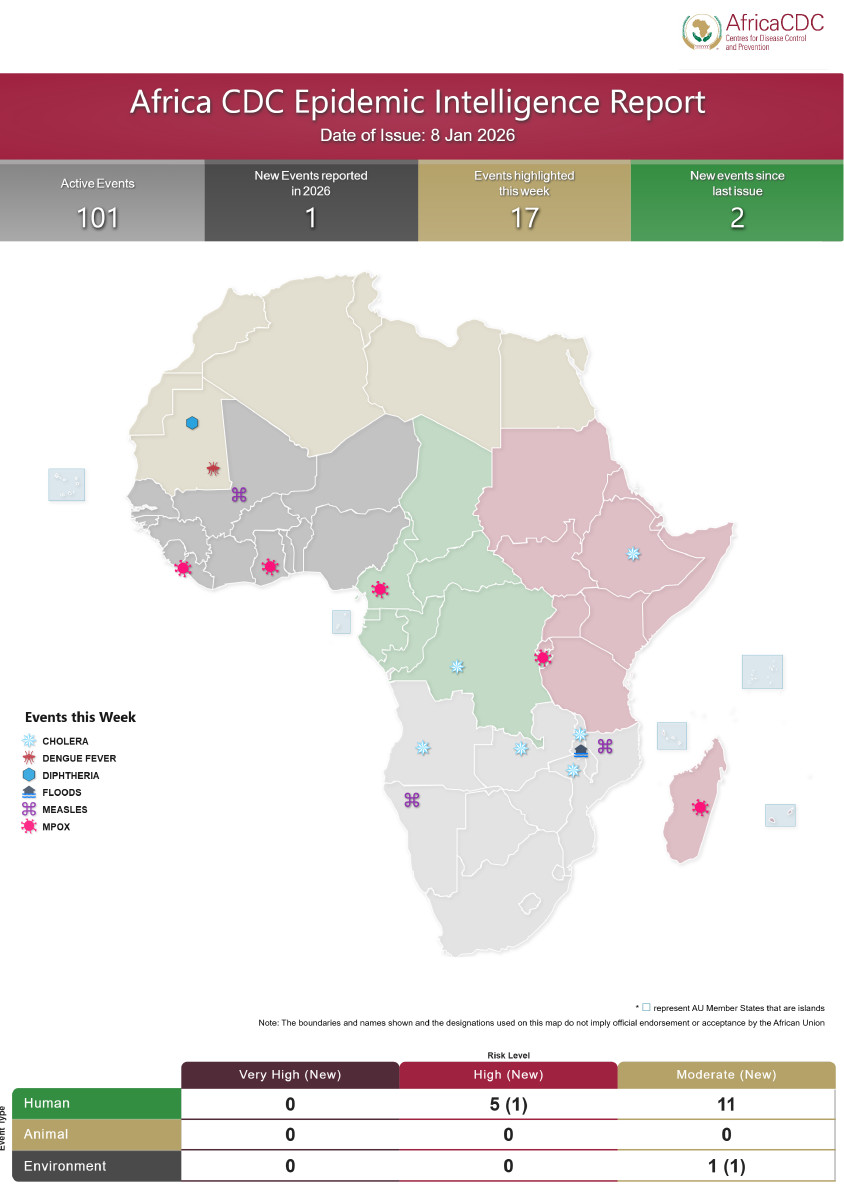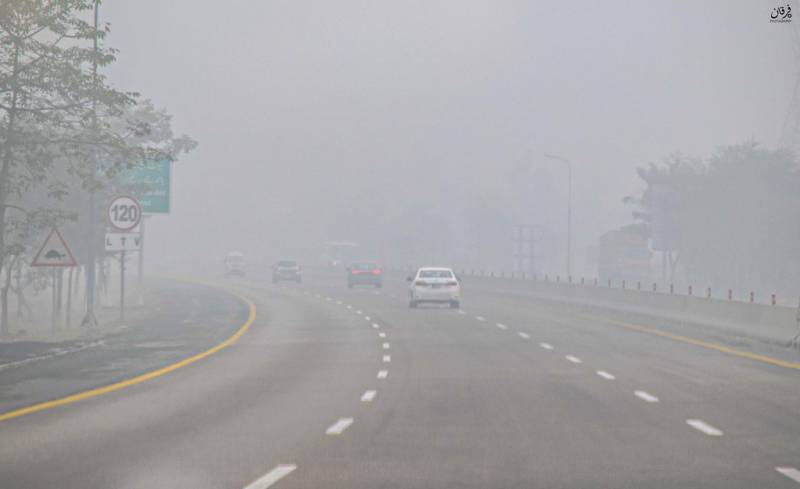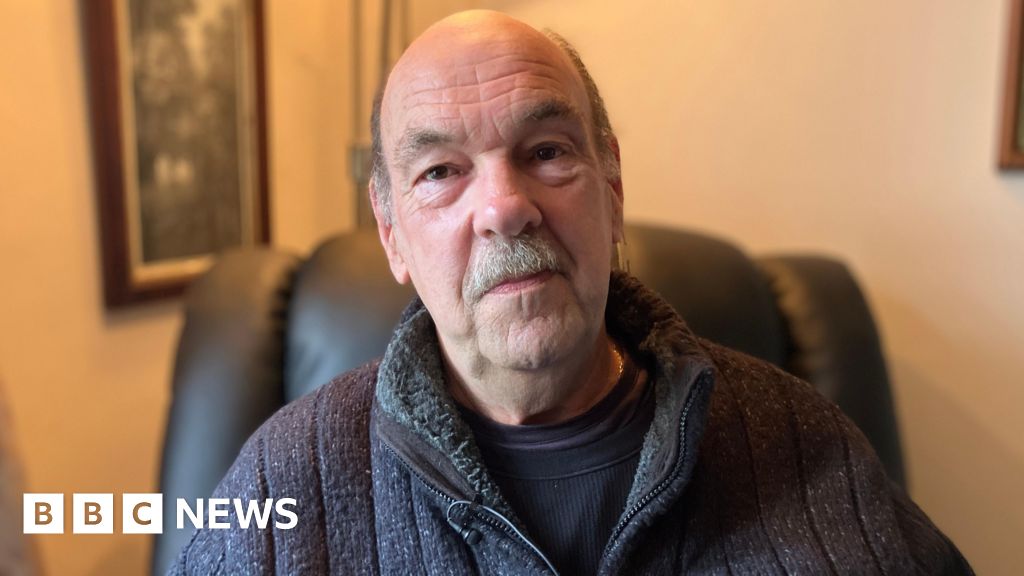Neve Gordon-FarleighNorfolk
 Qays Najm/BBC
Qays Najm/BBCA dementia care service has been rated inadequate across all areas and put into special measures…

Neve Gordon-FarleighNorfolk
 Qays Najm/BBC
Qays Najm/BBCA dementia care service has been rated inadequate across all areas and put into special measures…

…

Hundreds of fans and admirers are bidding farewell to Indian singer and actor Prashant Tamang, who rose to fame two decades ago after winning the third season of popular music reality show Indian Idol.
Tamang, 43, who was from the hill town of…

For more than a century, scientists and food companies have been looking for ways to replicate the taste of sugar without its health drawbacks. From early sweeteners like saccharin in the 19th century to modern alternatives such as stevia and…

A co-founder of a Bradford restaurant chain has been named the first official ambassador for the Bradford Hospitals Charity.
The charity partner of Bradford Hospitals NHS Foundation Trust funds projects not covered by NHS budgets, including…

Saskia, from Swindon, is one of those young bargain hunters who like perusing charity shops.
“I feel like it’s a little treasure hunt – I enjoy finding and coming across items that I never realised I needed, or wanted.”
Saskia sometimes browses…

Heavy fog in plain areas of Punjab, Sindh and Khyber Pakhtunkhwa on night between Monday and Tuesday forced closure of several motorway sections after visibility dropped.
According to the Motorway Police spokesperson, Motorway M1 from Peshawar…

A vast collection of miniature train name plates have been bought by two professional locomotive model makers.
Former GP Gillie Hay did not know what to do with the thousands of intricate metal signs made by her late father Chris Watford, who kept…

Jasmine Ketibuah-Foleyand
Alastair McKee,West of England
 BBC
BBCA charity has been shortlisted for an award after helping vulnerable households keep warm during the winter months.
Continue Reading

A new 50 pence coin celebrating 50 years since Concorde’s first commercial flight has been launched by the Royal Mint.
Unveiled at the aircraft’s current home, the Aerospace Bristol Museum, the reverse or ‘tails’ side of the coin portrays the aircraft in flight, against a backdrop of a split-flap departure board, with the word Concorde appearing across the centre.
The supersonic aircraft made its first commercial flight on 21 January 1976.
Former chief engineer of Concorde John Britton said: “To celebrate Concorde on an official UK coin is a proud moment for everyone who dedicated their careers to keeping her in the sky.”